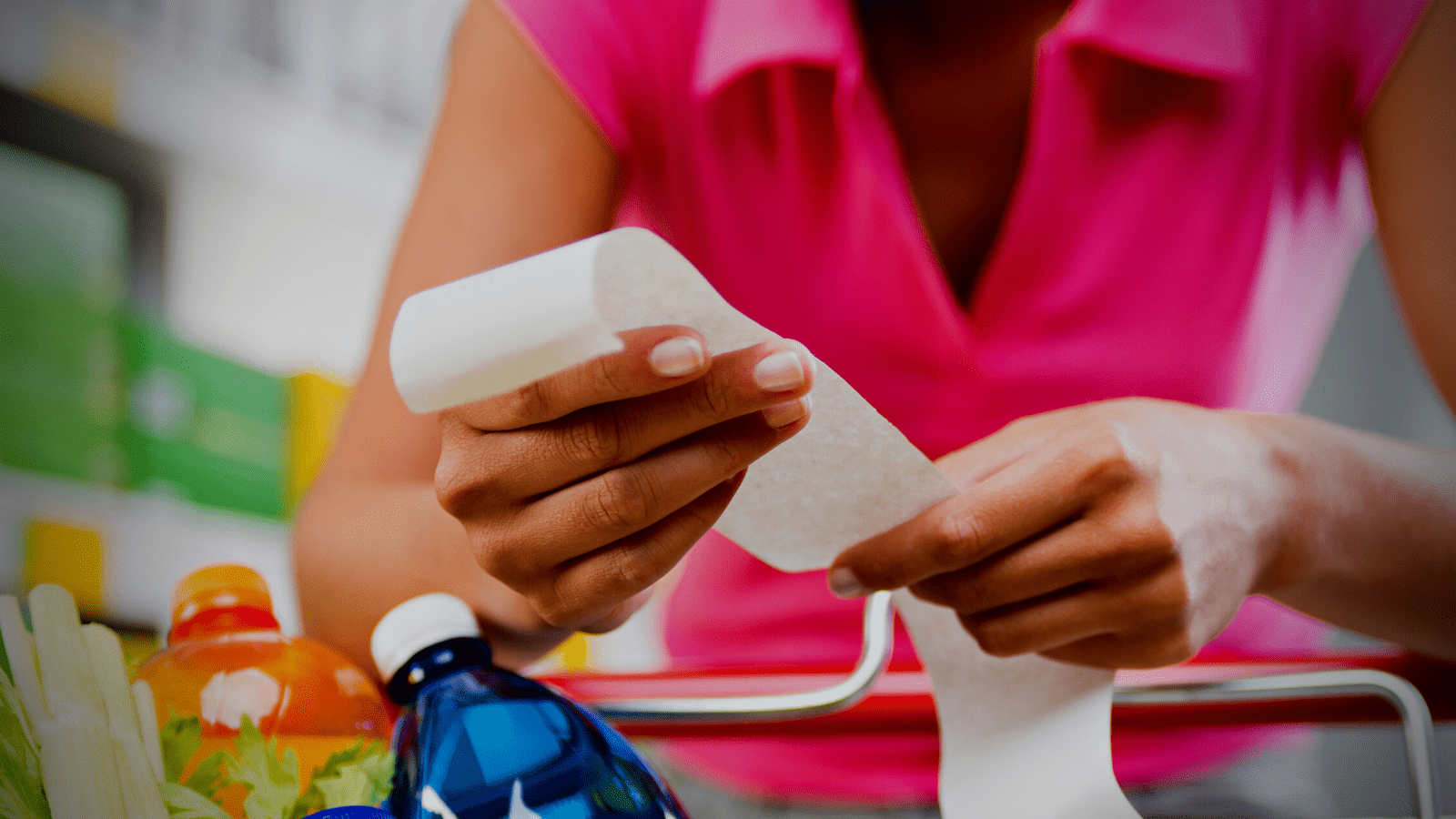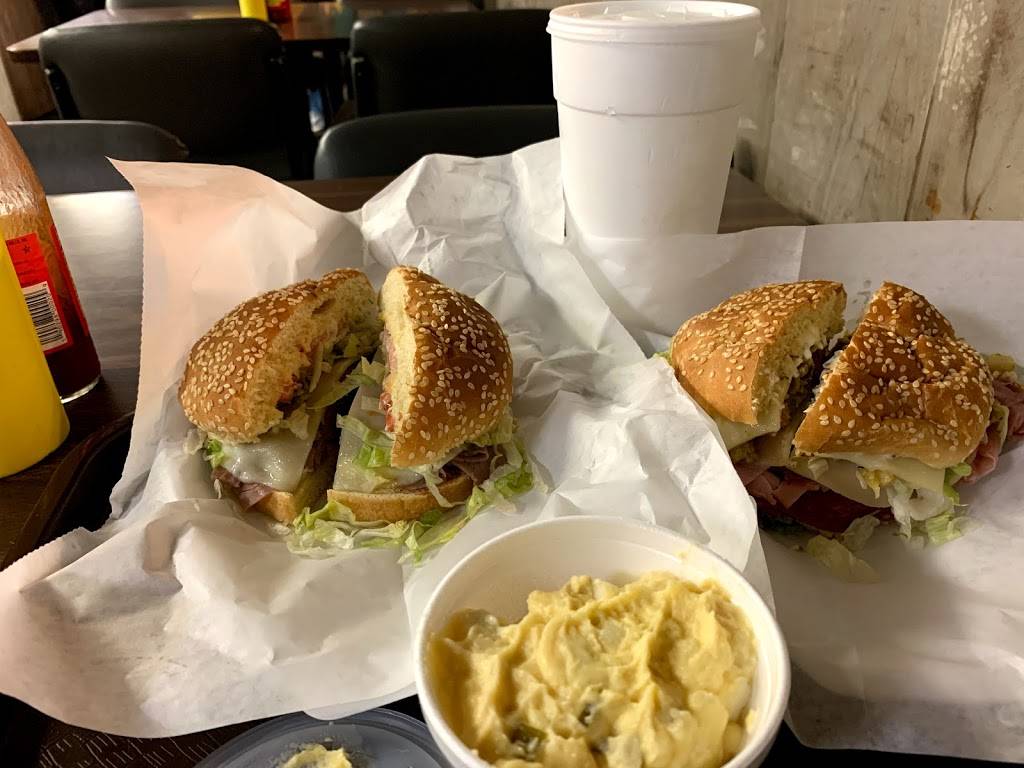
Mississippi State Ag Extension Office offers tips to help you save money.
The current inflation rate has Mississippians feeling the pinch in their wallets, especially at the grocery store.
While the U.S. Department of Labor noted that inflation somewhat improved over the latest reporting cycle, the USDA released data which showed an over 11% increase in the cost of groceries from December 2021 to December 2022. Egg prices alone are up nearly 60% from December of 2021, and are expected to increase another 27% in 2023, no thanks to a disease infecting the poultry industry.
Nevertheless, as the need for groceries is as guaranteed as death and taxes, the Mississippi State University Ag Extension Office in Pearl River County has offered some tips for making that grocery budget stretch.
“Buy in season, that usually is going to be cheaper than other things,” said Extension Agent Dawn Vosbein. “And don’t be afraid of frozen and canned (food).”
Pantry staples save the most
Beans are a staple item that have remained cheap in the face of inflation. They bulk up meals, provide protein, and have the added benefit of a long shelf life.
“You can buy those canned beans on sale, get them home and you just drain them and cook,” said Vosbein. “You don’t have to take three hours to cook them.”
If you’re a “from-scratch” home chef, the savings stretch a little more with dried beans and legumes.
“When I buy a bag of lentils, I get two whole recipes out of it,” said Vosbein. “The recipe may only call for a cup of lentils but make six servings. It’s very inexpensive.”
While dried beans can be a pain, canned beans offer convenience but at a still inexpensive rate. However, many ready-to-eat or convenience foods are more expensive than buying the elements to put them together yourself.
Another staple that lightens the wallet load is oats.
“Think of a meatloaf,” said Vosbein. “You could bulk it up with oats or lentils or anything else and it will stretch, and you could freeze what’s left.”
While there are many pantry items that offer a shelf-stable full meal, these convenience items don’t really give you the bang or quality for your buck.
“One convenience meal that boggles my mind is Hamburger Helper,” said Vosbein. “It’s still cheap, but either way you’d have to buy the meat, and you can get the amount of noodles you need and more in a bag for a dollar, and inexpensive spices, at a higher quality. Those easy convenience meals are usually more expensive and overloaded with salt.”
Flour is another pantry staple that you can buy in bulk at lower price and save some money, but some flours can’t stay on the shelf long.
“Barley and whole wheat, they have a little fat in them, so you’ll want to store them in the freezer,” said Vosbein.
Put a freeze on your grocery spending
Obviously, one cannot just stop spending money on groceries, but freezing what you can will preserve what food you have already purchased.
“You can buy meat on sale and freeze it,” said Vosbein. “You just want to get all the air out of the packaging you use to prevent freezer burn.”
Just about anything can be frozen. Breads and muffins, soups, rice, vegetables and fruits freeze well.
“About the only thing that doesn’t freeze well is potatoes that are already cooked or mashed, because it changes them. They feel grainy,” said Vosbein. Even then, the potatoes aren’t ruined, just altered.
Other leftovers can be frozen, but you’ll want to label them with the date they were prepared.
“Use your leftovers within a month,” said Vosbein. “You’ve already altered that food in ways that it won’t last terribly long.”
Methods for storing greens that save green
Produce is overall healthy but spoils at a rate that may have you avoiding that section entirely if you’re on a budget. But that’s not necessary, said Vosbein.
“Anything cut is the worst about rotting quickly,” said Vosbein. “So, opt for the whole celery instead of the ones that have already been cut and stored in a container.”
If salad is on the menu, Vosbein said buying the larger quantities of greens in the plastic container will actually be more beneficial.
“The larger containers (of greens) don’t last longer just because there’s more,” she added. “They don’t spoil as quickly in the containers as the salad mixes in the bags do.”
While bags trap gasses that speed up the process of rotting lettuce, some produce benefits from being bagged.
“Green Bags will help bananas last on the counter for over a week, maybe two,” said Vosbein.\
For more tips on extending the life of your groceries, click here.











